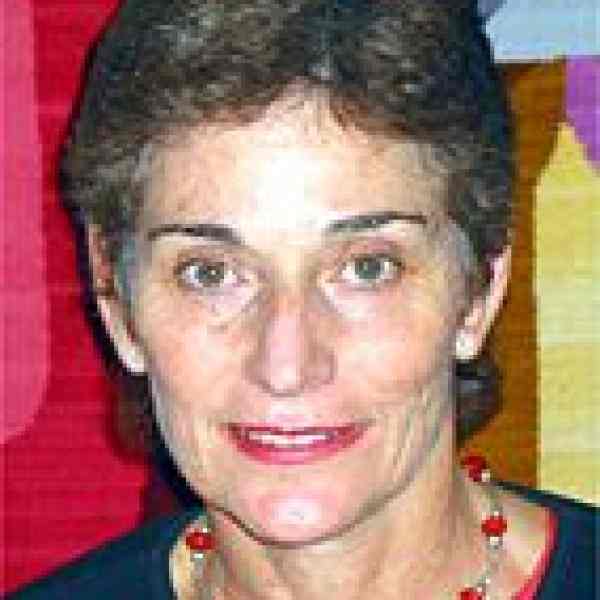Introduction
Myrna Wajsman Lewis introduces Deep Democracy, a decision-making process, into public school curricula that enables learners to gain experience in decision making and group dynamics while also reducing prejudice-driven conflict among South Africans.
The New Idea
The basis for her method, Deep Democracy, is a psychological concept based on the inherent flaw of traditional majority democracy that allows 51 percent of any population to make decisions for the other 49 percent. Deep Democracy recognizes the wisdom of all viewpoints and fosters the 'buy in' to decisions. Myrna has observed that any decision-making process is at the mercy of deeper, often unstated, views, attitudes, or emotions. Progress is often sabotaged by the minority. She teaches conflict resolution and facilitation techniques in response to this tendency. Her program is accessible to all people and encourages young people to participate in decision making. She teaches the skills necessary to acknowledge and channel the deeper issues and subtleties when faced with difficult choices. The skills are easily grasped by students, who, through Myrna's project, learn to effectively make decisions and resolve conflicts in their schools.
The Problem
Most children are told what to do and not given a chance to learn decision-making processes in relation to themselves or others. As a result, most adults struggle with life decisions and in South Africa with dis-empowerment issues. These skills are not explicitly taught in schools. Students do not learn civil democracy and seldom have to make balanced personal decisions over the course of the structured school year. The curriculum implemented by the South African National Education Department espouses the values of human rights and mutual respect, and the need for life skills. However these values and skills in post-apartheid South Africa are new and take time to learn. Under the new political system, schools are obliged to enroll pupils regardless of race, culture, or ethnicity. Classroom integration, violence in the country, the adaptation of the new education system, plus many other factors, has oftentimes led to intense conflict among students, parents, teachers, and administrators. The problem continues to escalate as educators struggle with curriculum needs. Staff and learners lack appropriate skills to deal with the conflict, any prevailing conflict either is suppressed or explodes in violence.
The Strategy
Myrna develops tools that teachers, administrators, and learners can use to address the unconscious forces and stereotypes that inform or bias decision making. Her methods show all parties in a school how to deal with those feelings in a way that promotes, rather than paralyzes, the decision-making process. After piloting her model in the private sector, Myrna adapted her methods for schools and launched initiatives in South Africa's Western Cape area. Upon obtaining a school principal's approval, Myrna conducts a training with a select group of students and teachers, who later facilitate the process in the classroom. Myrna encourages the participation of students in decision-making processes in the school at least twice a week, thus making school more democratic and providing opportunities to use the Deep Democracy process. Once the project has been evaluated and necessary modifications have been made to adapt it, the project is spread to other schools under the inspector's jurisdiction. Myrna does the initial training of staff and students, but subsequent trainings are carried out by psychologists, educators, and social workers who are trained in her methods.
The Person
Through particularly difficult circumstances, Myrna was required, at the age of five, to fend for herself on the streets for nine months. To some degree, she believes, it was this experience that carved out her identity and influenced her self-reliance. Myrna found employment immediately after high school in a school for children with special needs and simultaneously studied for a Bachelors degree in social work via correspondence. Over the years, Myrna became a specialist in teaching autistic children and has, in turn, trained many others working in this field. Myrna has subsequently helped people facing varied and difficult circumstances, including drug addicts, stressed employees, unmarried mothers, abused children, and people with extreme psychoses. Myrna earned a Master's degree in clinical psychology and first encountered physicist Dr. Arnold Mindell's concept of Deep Democracy while studying process-orientated psychology in Zurich, Switzerland in 1990. Myrna spent the next five years working with her husband, a psychologist, to develop a new model through which the tenets of Deep Democracy could be accessible to the mainstream public.
